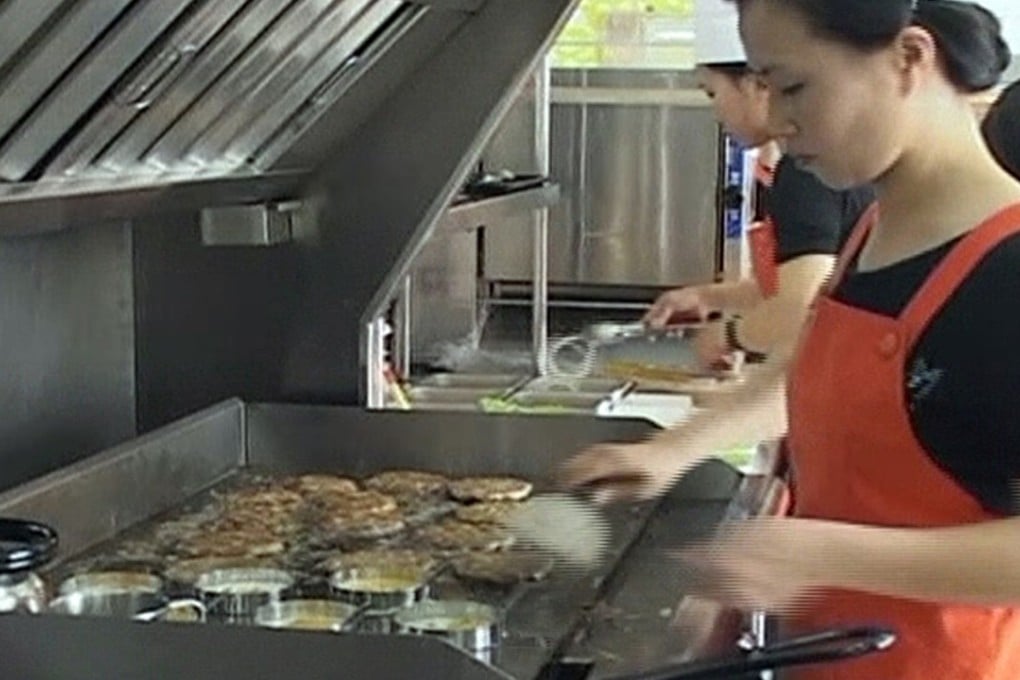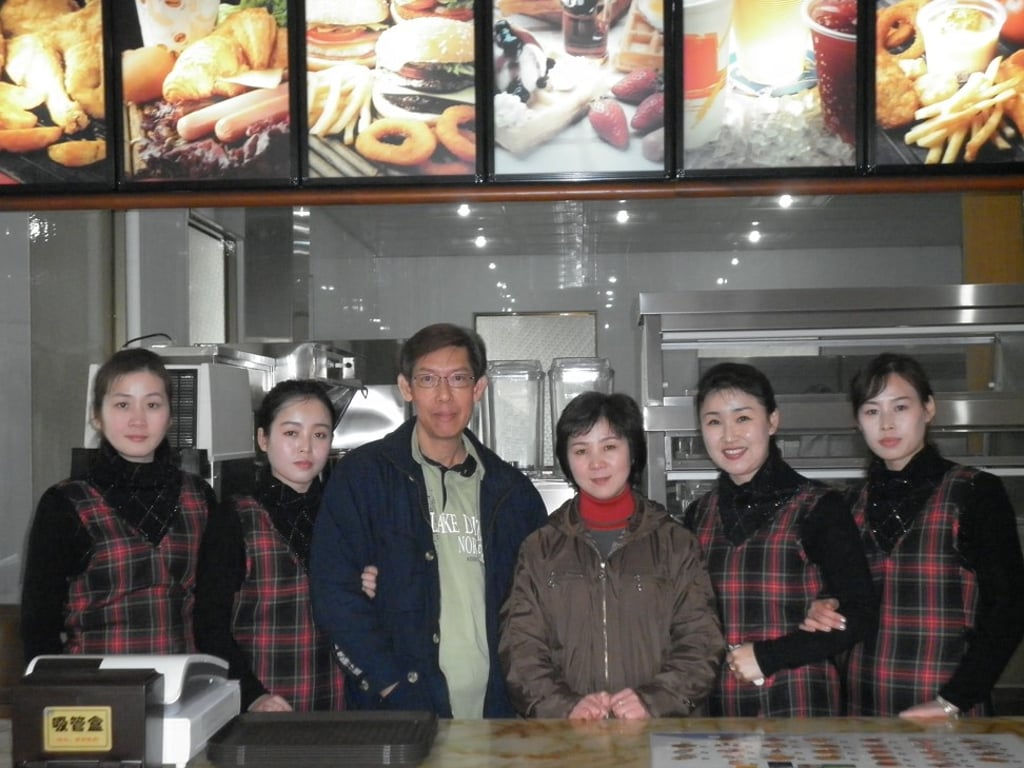The other time Singapore gave North Korea a taste of America
The Lion City’s hosting of the Trump-Kim summit is not the first time it has provided a link between North Korea and the US. Meet Singaporean Patrick Soh, who brought the burger to Pyongyang – and tempted Kim Jong-un

When Singaporean businessman Patrick Soh first arrived in North Korea in 2008, his minders whispered to him that everyone was forbidden even to utter the word “burger”.
After all, the hermit kingdom had the gogigyeopbbang, “invented” by the country’s second leader Kim Jong-il in 2000 and described as “double bread with meat”.
“Under the previous leader, Kim Jong-il, the burgers could not be called burgers. But now, everyone knows what they are,” Soh says.
If peace is coming, nobody told North Korean defectors

Soh had been invited by fellow businessmen Quek Cher Lan and Timothy Tan to help them set up the first fast food joint in North Korea through their company Simpyong International. Quek had established a relationship with North Korean authorities more than 30 years before through his company Aetna Group, which traded steel and minerals with Pyongyang.
BURGER BASICS